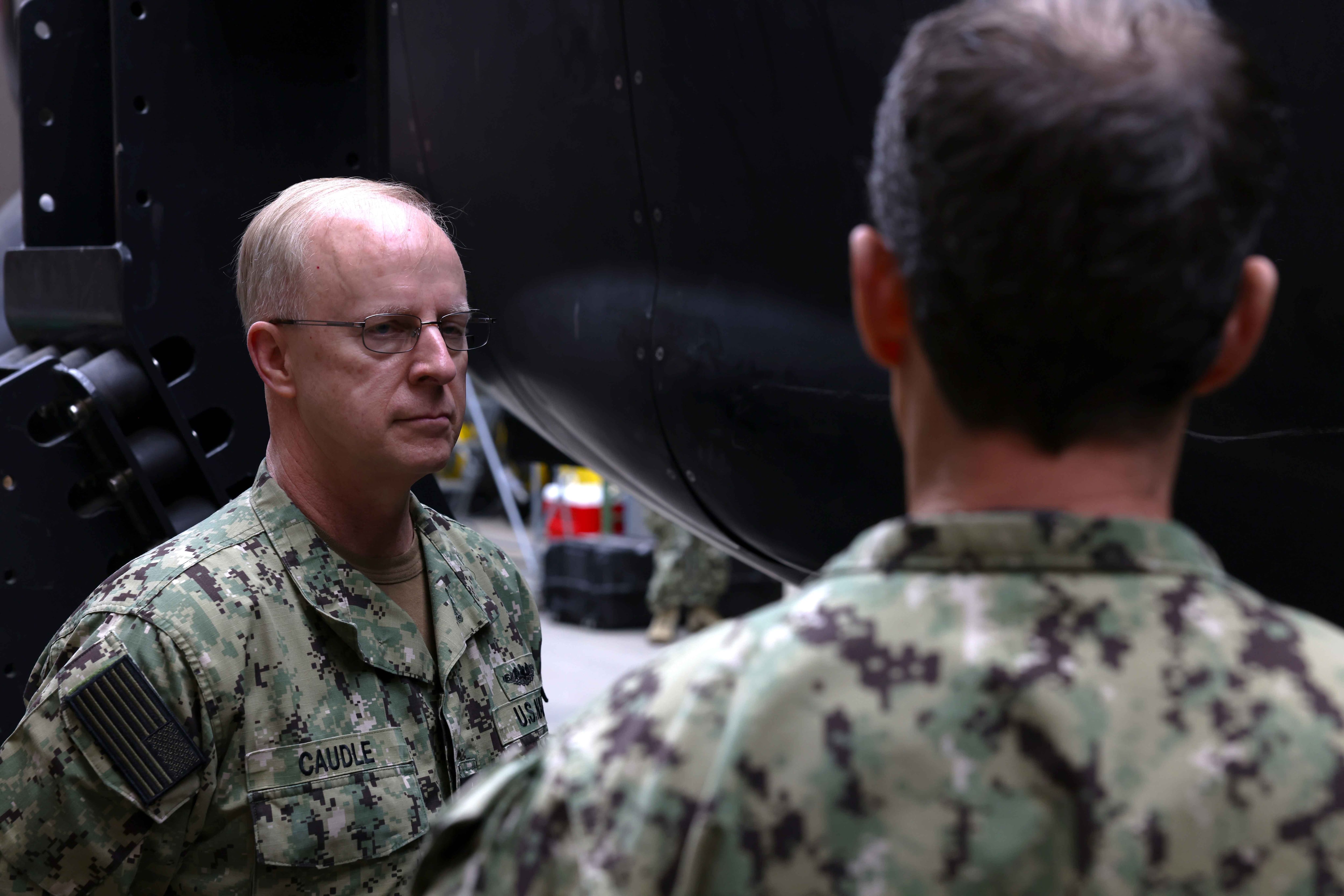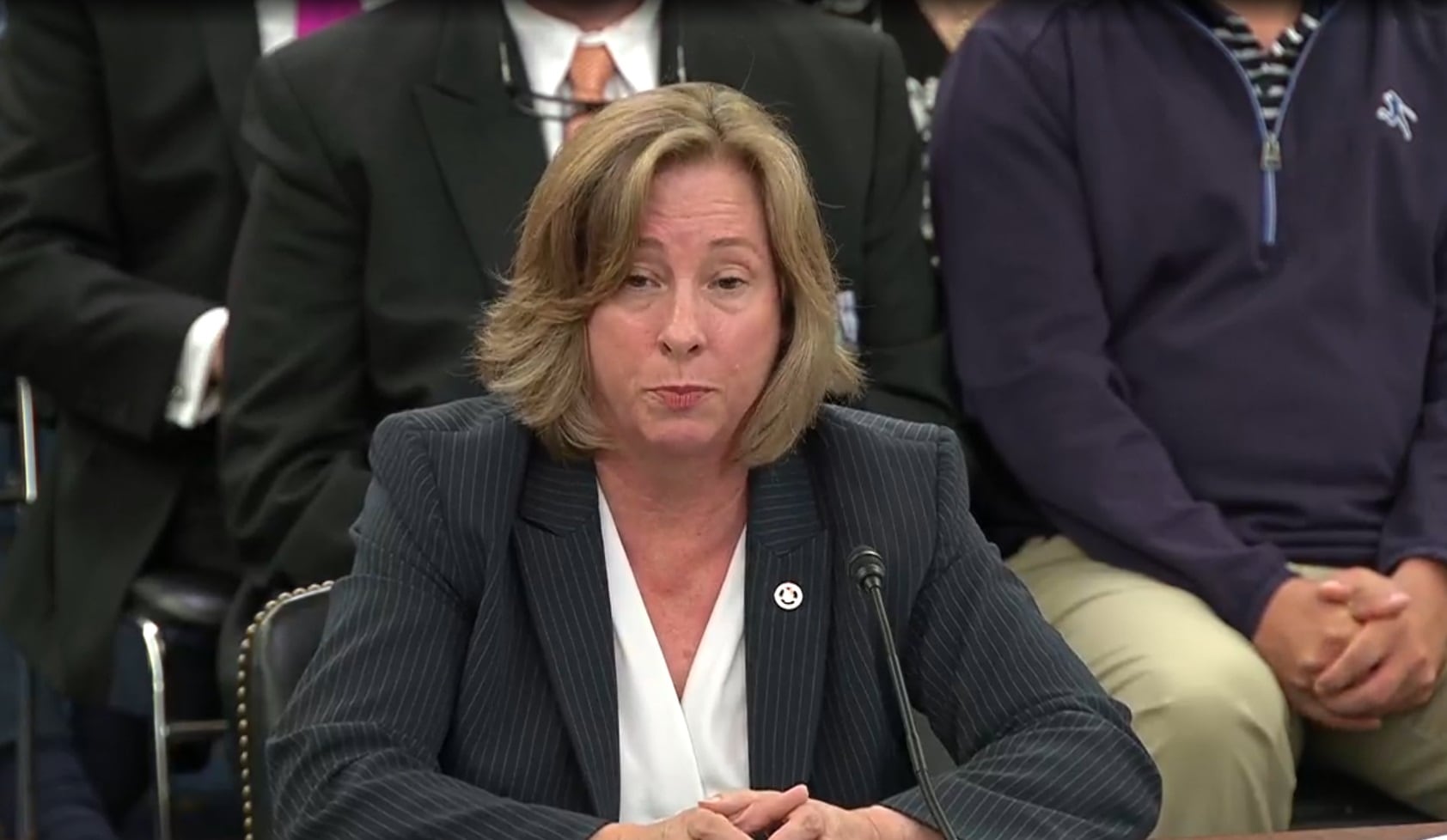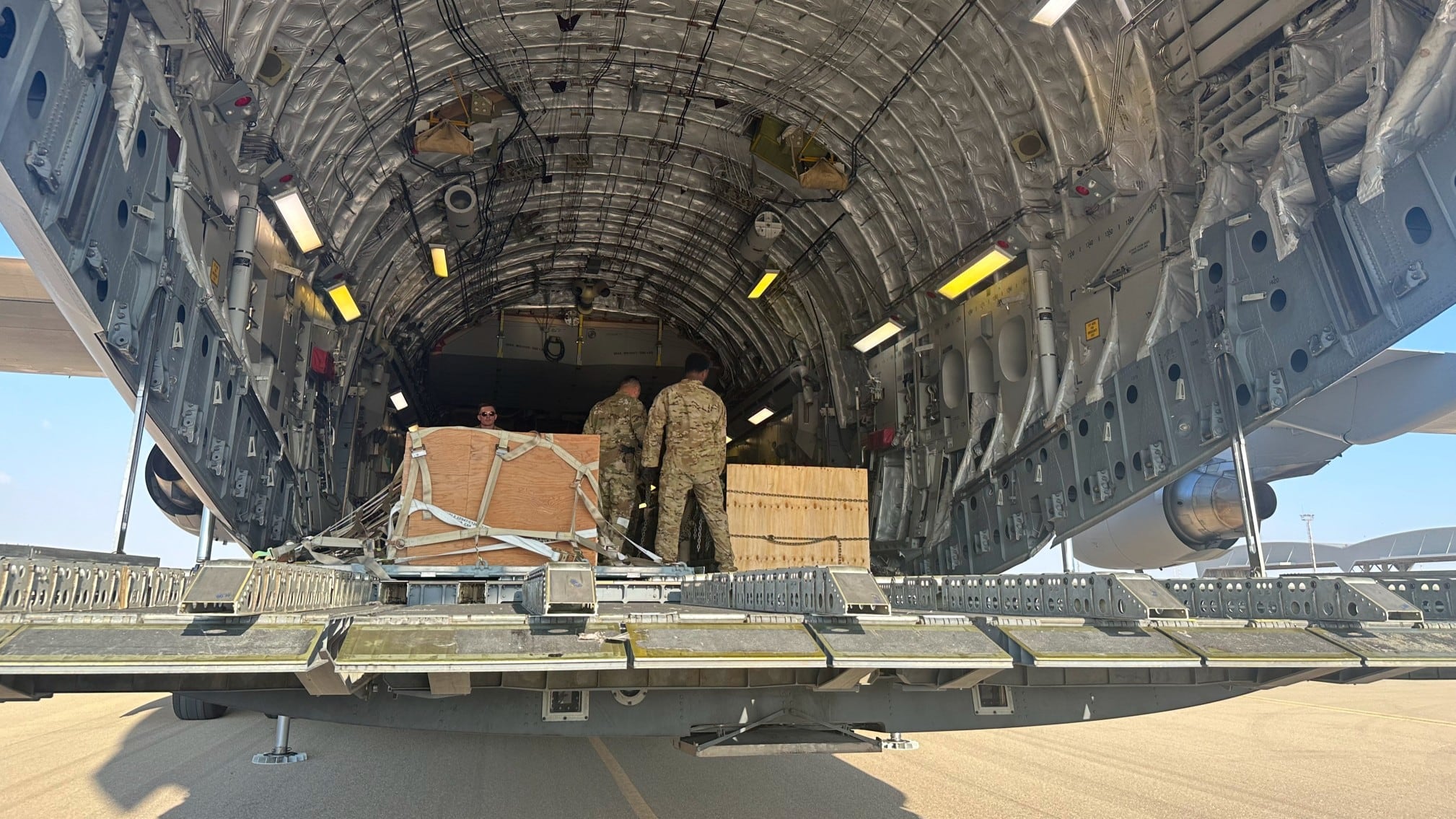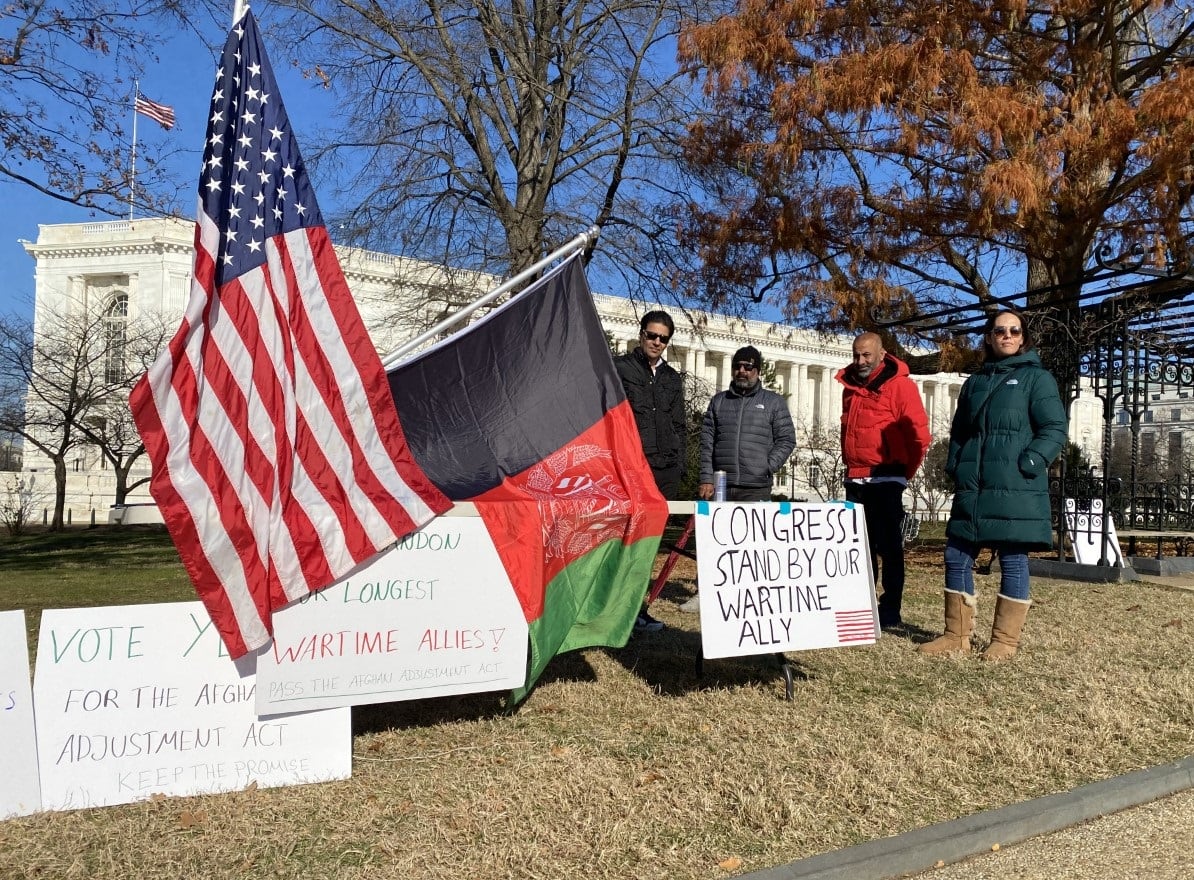Mom-to-Mom Guide for Military Families: Military Times is starting a collection of Q&A contributions from military moms in 2016. This is the first submission. Bookmark MilitaryTimes.com/Family to follow these posts from moms with a message. If you would like to contribute, email family@militarytimes.com.
Renee Champagne, veteran and military spouse, on health and her children's education:
- Veteran, Air Force Security Forces
- Military spouse, 15 years, married to Air Force Col. Rhett Champagne, 821st Contingency Response Group, Travis Air Force Base, California
- Mom of Savannah, 13, born in Alaska; and Jake, 11, born in Maryland
- Past elementary school teacher
- Pursuing a master’s degree at College of William & Mary, Virginia
- Committee member, Military Child Education Coalition
- Advocate for military families since 2003
Q. What made you want to teach?
A. When I got out of the military, I wanted to do something completely different from being a cop. It was also my way of running, and not coping with events that eventually led me down a dark path, but in the end, with help and accepting help, I am overcoming the traumas, and it's an ongoing process.
I chose a college where I could combine camaraderie, outdoor education and elementary education. I found my place at Prescott College in Arizona. I absolutely loved working with children, and I felt elementary school was where it was at because that's when they start to learn to lead, become their own person and learn to really adapt and overcome. I love the outdoors and the challenges that come along with it … rock climbing, kayaking, backpacking, among other outdoor activities, can challenge us, bring a group together and foster growth.
Q. What has your children's education been like so far?
A. Our family spent a total of eight years overseas and immersed in Greek and German cultures.
Savannah was born in Alaska at Elmendorf Air Force Base. We moved to D.C. for one year of language training, where she attended preschool at Fort Myer, Virginia, then we moved to Greece, where she attended a Greek/British school for two years.
We got orders to Ramstein Air Base, Germany. Rhett and I both see the importance of multicultural education and how this fosters leadership and respect for other cultures, and broadens children's perspectives, so we decided she would attend a German school. This was difficult the first year because the system is completely different. We spoke Greek but not German, so we had to really be active listeners, stay involved, trust and depend on others in our German community. Looking back, this was the best decision we made.
Jake was quickly introduced to Greek. When he was 2, we moved to Germany, and he attended a German kindergarten. By grade school, he was completely fluent in German since he started so young.
Q. What have been the biggest challenges and advantages your kids have experienced?
A. Their biggest advantage is that they are well versed and bilingual. The biggest challenge has been learning to adapt and overcome quickly with little time to process.
Looking back, these experiences have taught them to be leaders, to be more flexible, to adapt and overcome challenges and, most importantly, it taught us all that other people matter and family is important.
Q. What was it like for Savannah and Jake to transition to U.S. schools?
A. We were so excited for our family to have this opportunity overseas that we didn't spend a lot of time worrying about how this would affect them when we returned to the States. For us, it was more important that they learn about other cultures, learn languages and have experiences that would last a lifetime.
Their transition into the American school system was difficult at first, moving to Williamsburg [Virginia]. However, the two schools our children attend were open-minded and willing to help Jake and Savannah have a smooth transition and the support they needed as I was going through treatment for post-traumatic stress disorder.
Having the support of the schools is imperative and I know has helped Savannah and Jake become the leaders they are and excel in school.
Q. What's been your biggest challenge as a parent in your children's education?
A. The Exceptional Family Member Program and the communication gap between the schools. As a parent, we really are the ones who need to ask for help, ask questions, and be involved. We can't expect others to do the work for us, and if something isn't working, find a way to look for the positive.
Our biggest challenge was that the counselors didn't understand PTSD and how that can affect a child's day. This is where organizations like Give an Hour can, and are, raising awareness on mental health with the Change Direction campaign.
Q. What health factors are more likely to affect military kids than others, and how does that affect their education?
A. Multiple deployments, divorce, loss of a parent due to suicide or war, trauma, single parenting, the feeling of loneliness, not fitting in due to multiple moves.
Q. What are some aspects of their children's education that military parents often don't recognize?
A. That eating healthy, exercise, service work, teaching our kids to cope by giving them the skills and to find the positive even if it's the smallest thing will all play a huge role in their growth and ability to become leaders in the future.
Q. What's next for you?
A. I'm currently at College of William & Mary through the Veterans Affairs Department's Vocational Rehabilitation and Employment Program, finishing my master's in Clinical Mental Health. The Vocational Rehab program has been a tremendous support in helping me cope with my PTSD, TBI and the educational challenges I've had to overcome.
While one person might take a few hours to write a paper, it could take me two days. Having an adviser who is prior-military and doesn't allow me to use my disability as an excuse has taught me that I can do anything if I really work hard, believe in myself and ask for help.
Q. What are some resources you would recommend to military families?
A. These community resources are just some examples of educating others to lead healthier lifestyles:
- Military Child Education Coalition
- Team RWB
- The Positivity Project
- Wounded Warrior Project Independence Program
More resources on education:
- "The Benefits of Learning: The Impact of Education on Health, Family Life and Social Capital"
- "Post-traumatic Growth in Children: Helping children develop post-traumatic growth can make a difference,"Psychology Today




